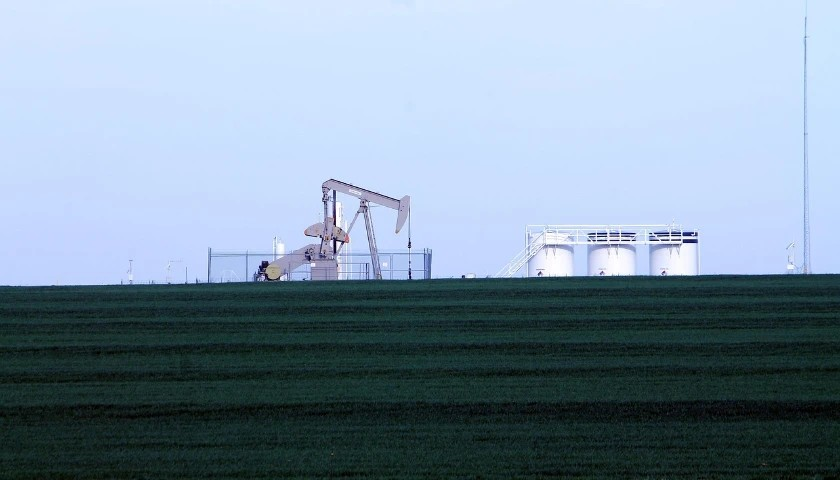Oil prices are poised to conclude a three-week streak of gains as market participants closely monitor President Trump’s impending decision regarding potential U.S. involvement in the Israel-Iran conflict. Yahoo Finance reports that West Texas Intermediate futures (CL=F) are trading just below $75 per barrel, while Brent crude (BZ=F) is hovering near $76.
Read also: Israel’s Motives, Iran’s Options, and the U.S.’s Role
Data from IndexBox indicates that oil futures are on track to close up approximately 3% for the week, continuing the upward trend initiated by last Friday’s escalation of hostilities between Israel and Iran. Early Friday trading saw a slight dip in prices, driven by growing optimism for a diplomatic resolution after President Trump suggested he would explore diplomatic avenues before deciding on U.S. intervention.
Despite the recent rally, Wall Street analysts exercise caution. Citi’s research team has highlighted a “lower risk of material energy flow disruptions from the conflict.” Analyst Spiro Dounis notes that halting Iran’s 1.1 million barrels per day of oil exports would likely push Brent prices only marginally higher, to around $75-78 per barrel, offering limited upside from current levels.
Goldman Sachs has projected that a potential escalation disrupting Iran’s oil supply could see prices surge to $90 per barrel, though they anticipate a decline back to the $60s by 2026 as Iran’s supply stabilizes. Current assessments indicate that Iranian exports and shipments through the Strait of Hormuz remain unaffected. Wall Street also identifies spare capacity from OPEC+ as a critical buffer against potential supply shocks, with Goldman analyst Daan Struyven emphasizing the group’s increased production as a stabilizing factor. This capacity, estimated to cover 4-5% of global demand, is seen as a crucial safeguard against disruptions specific to Iran.

